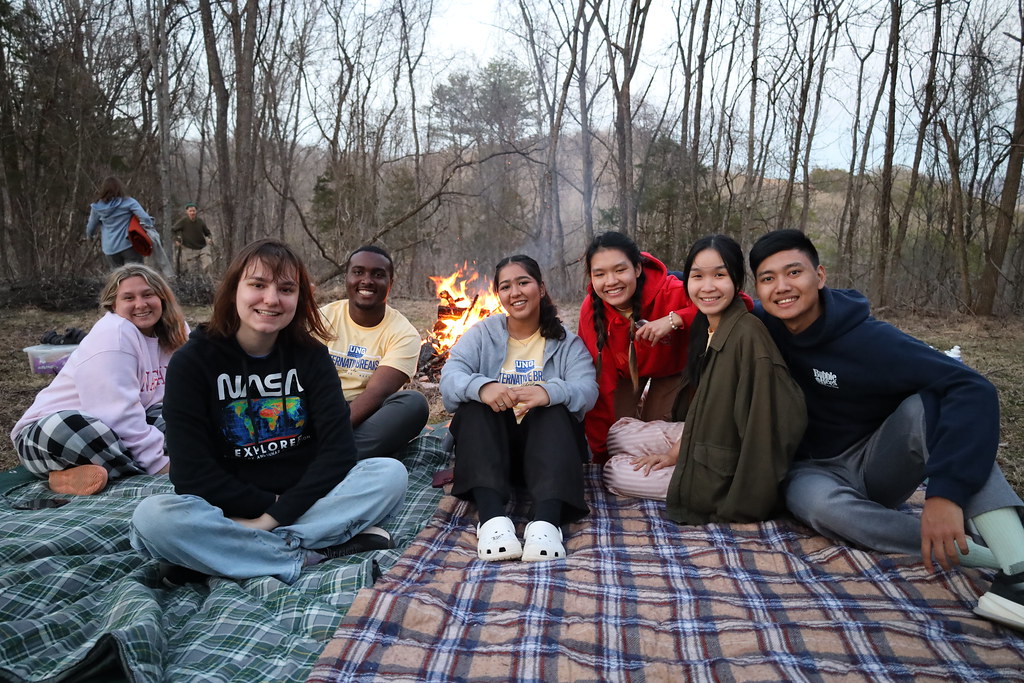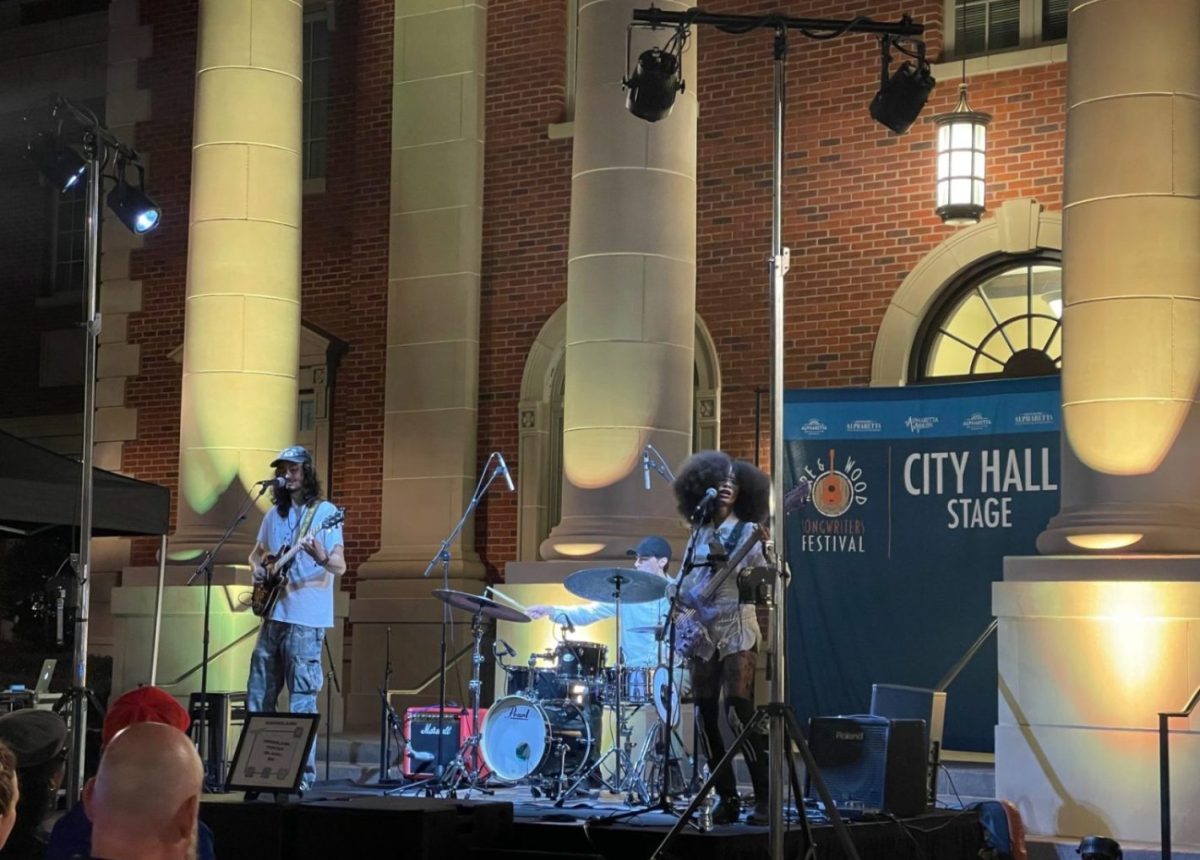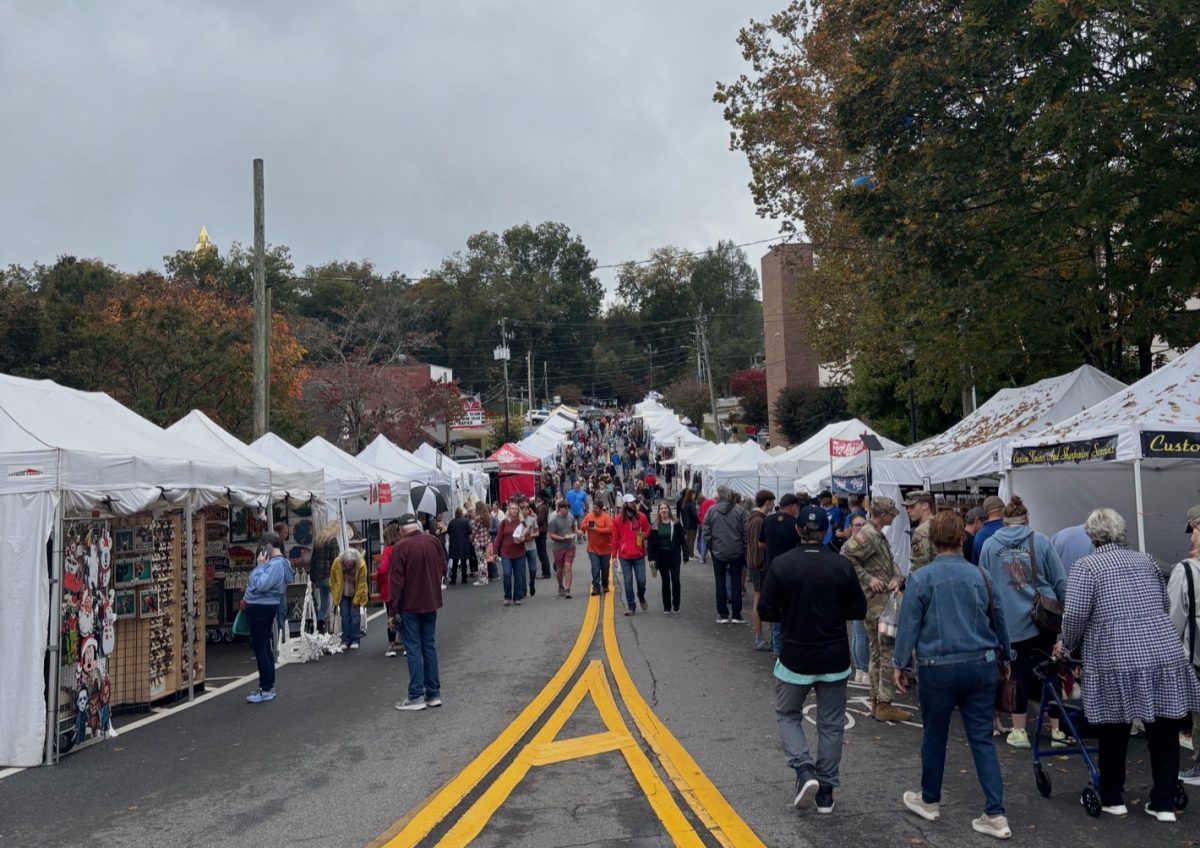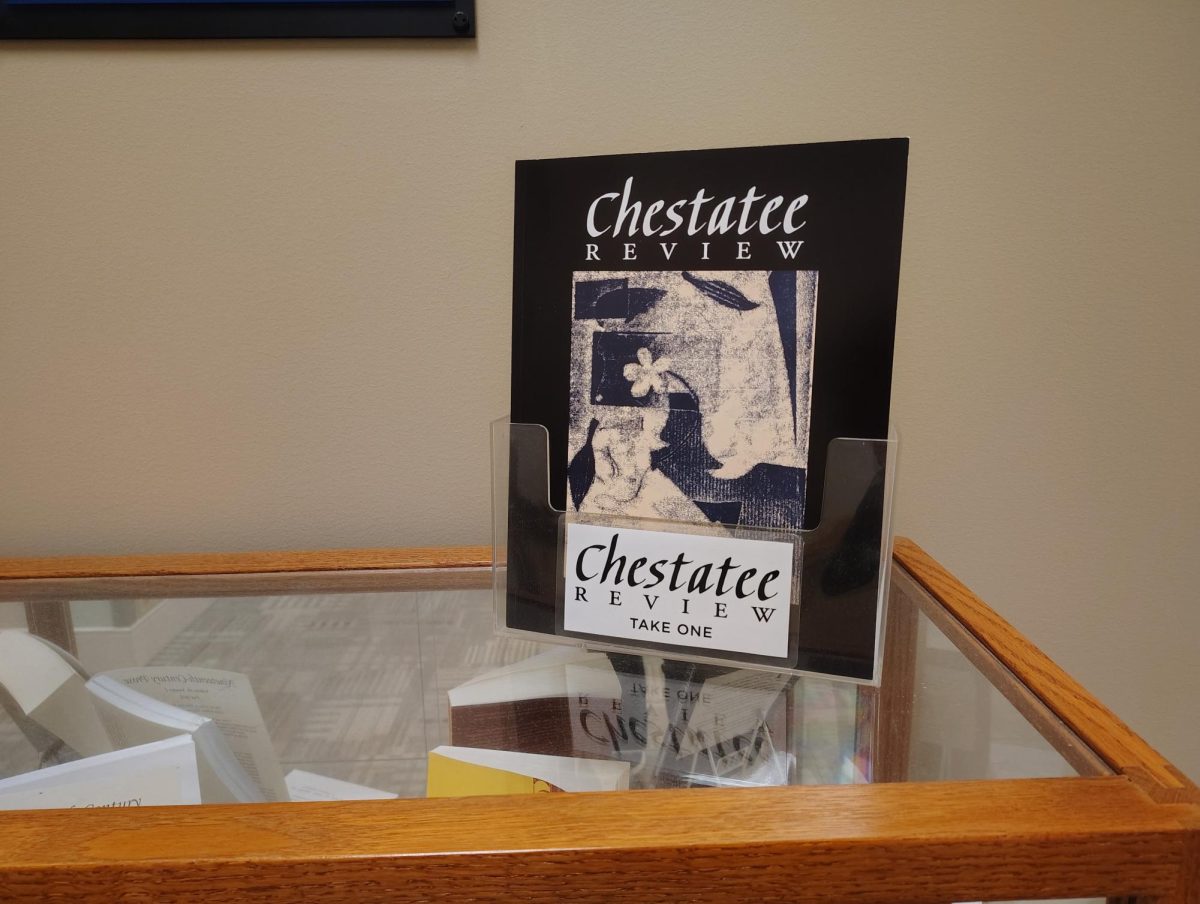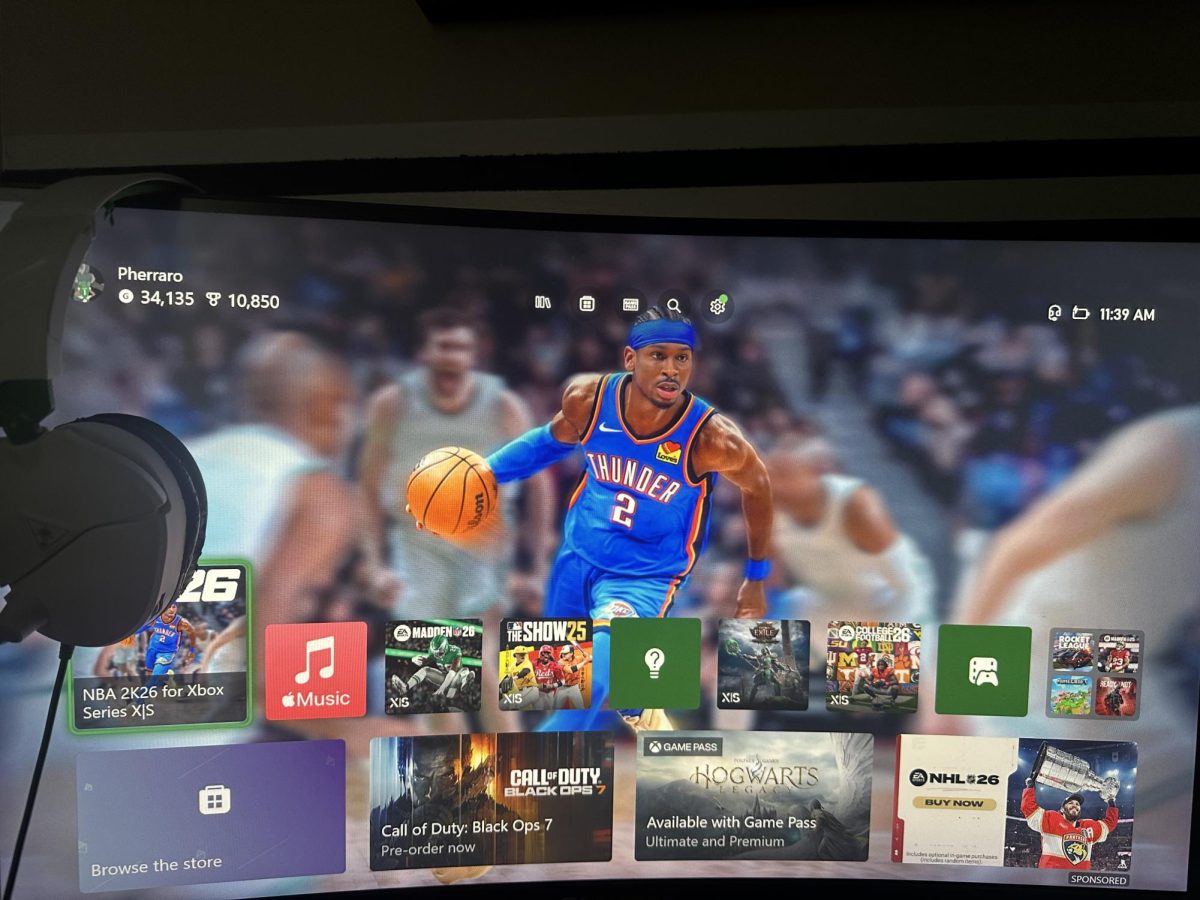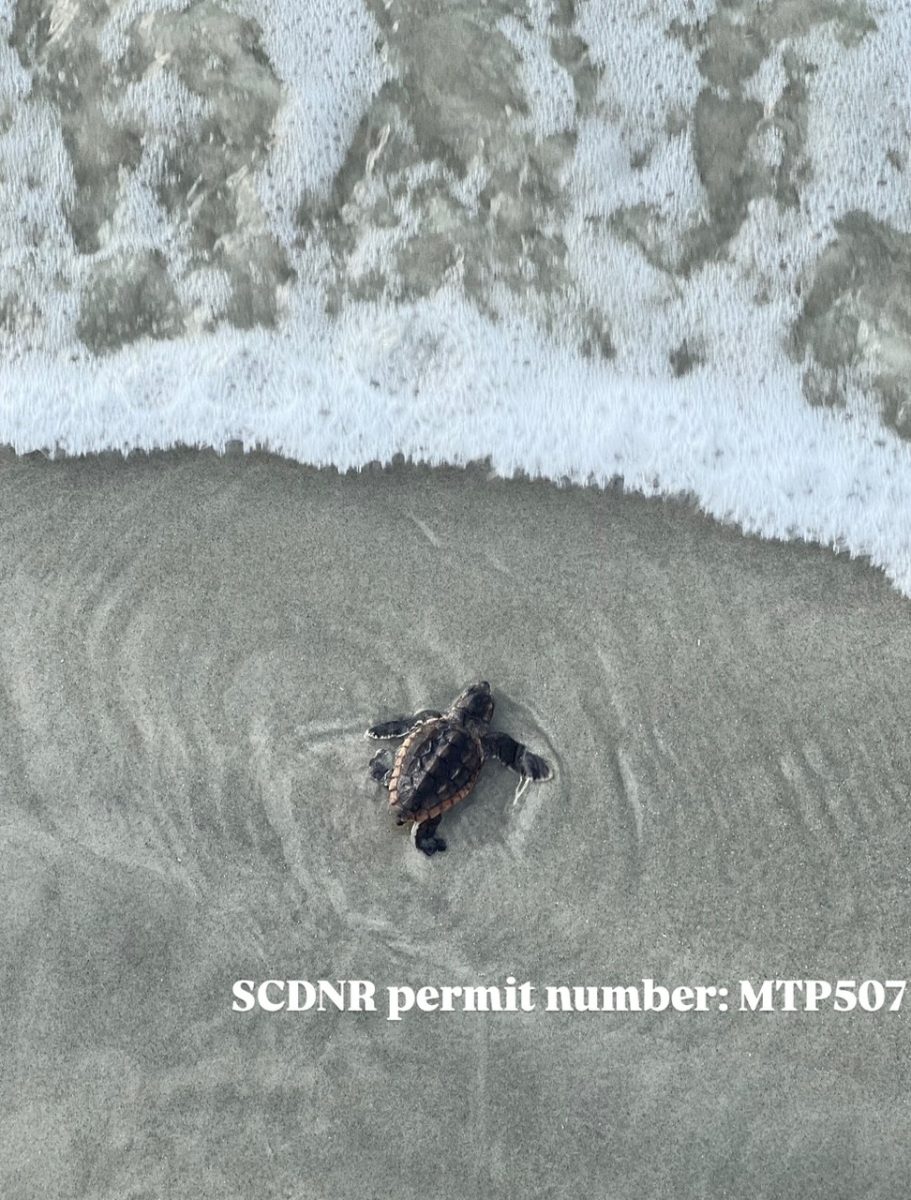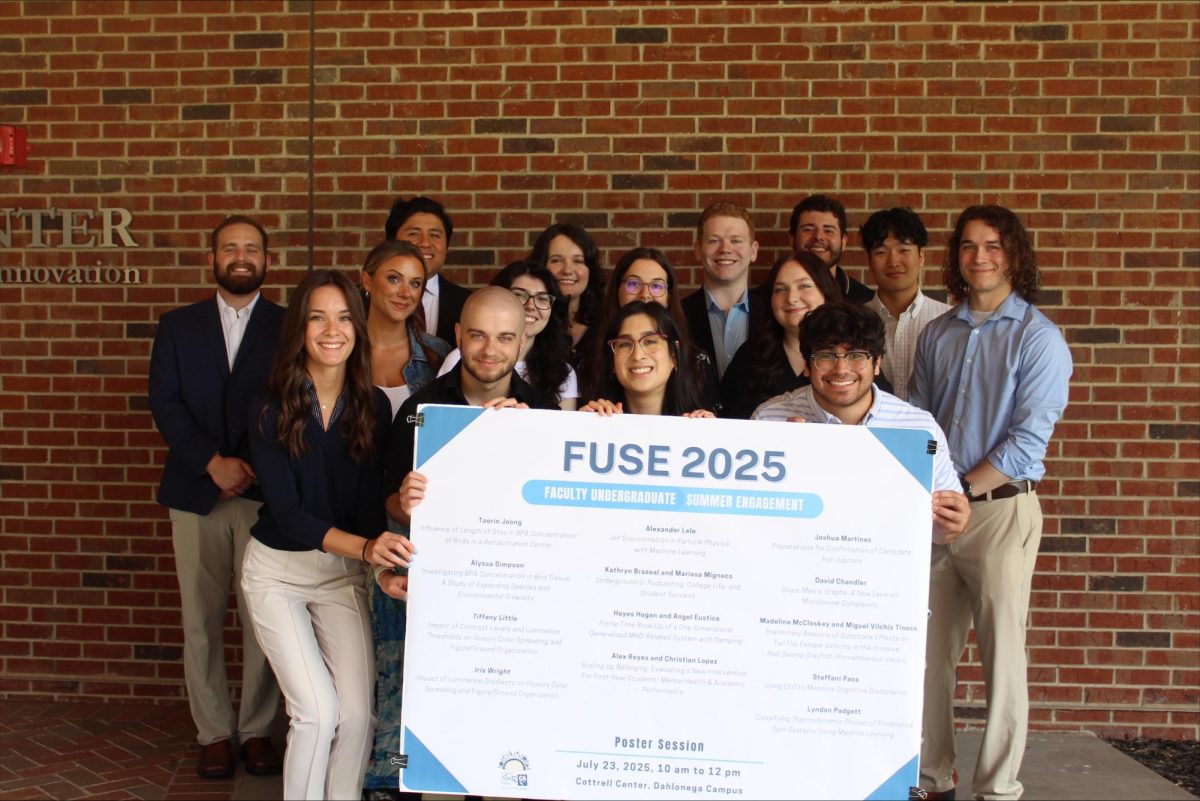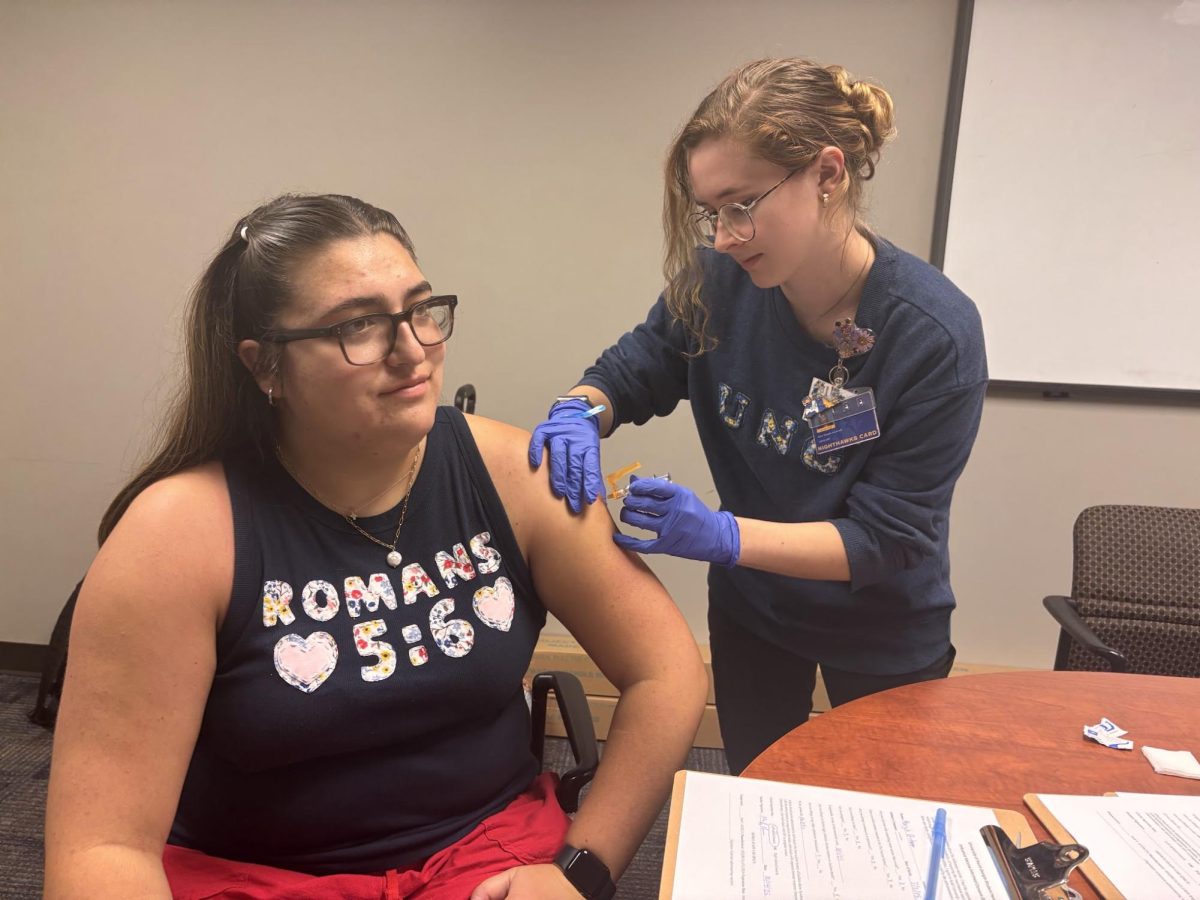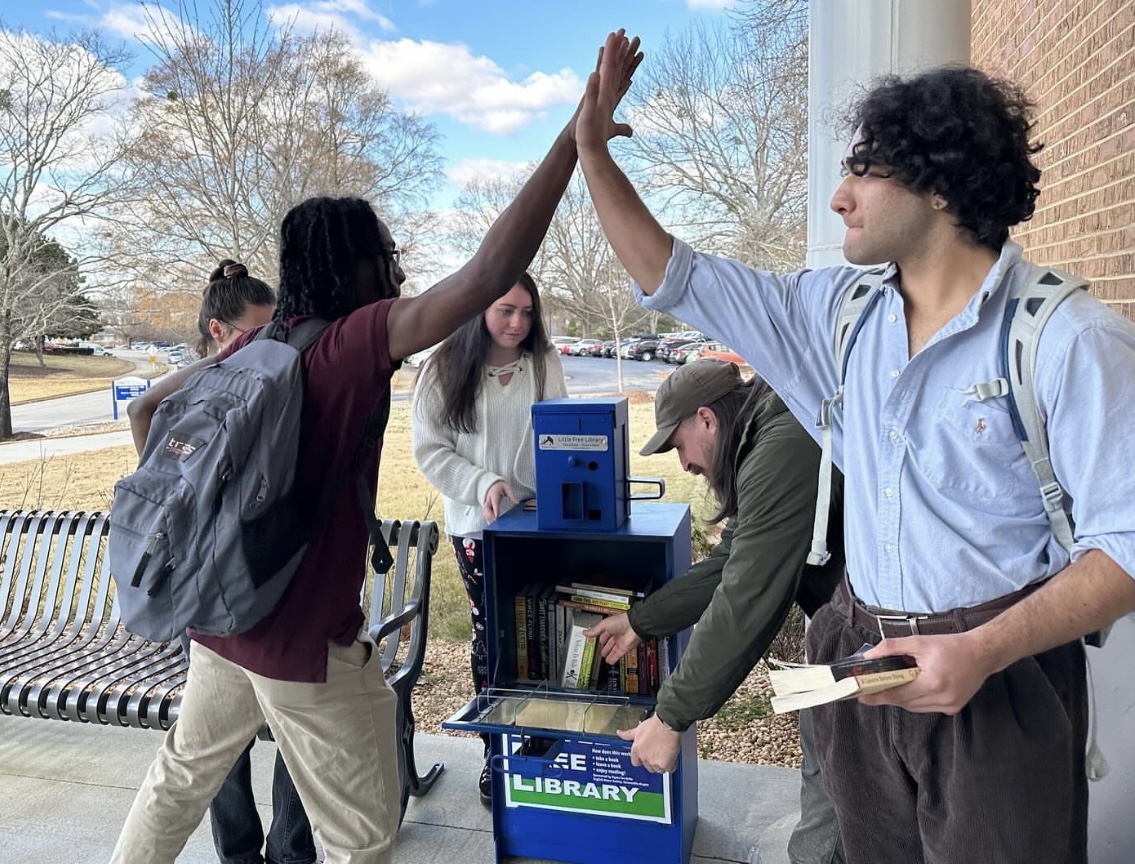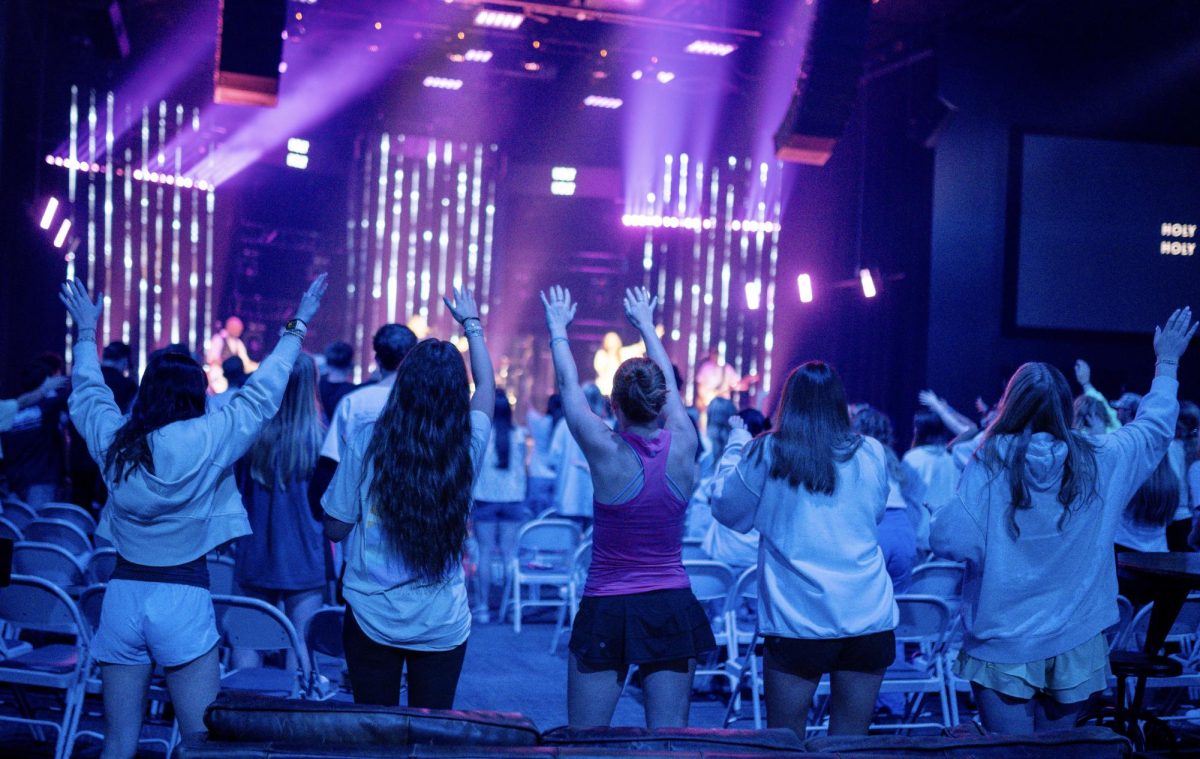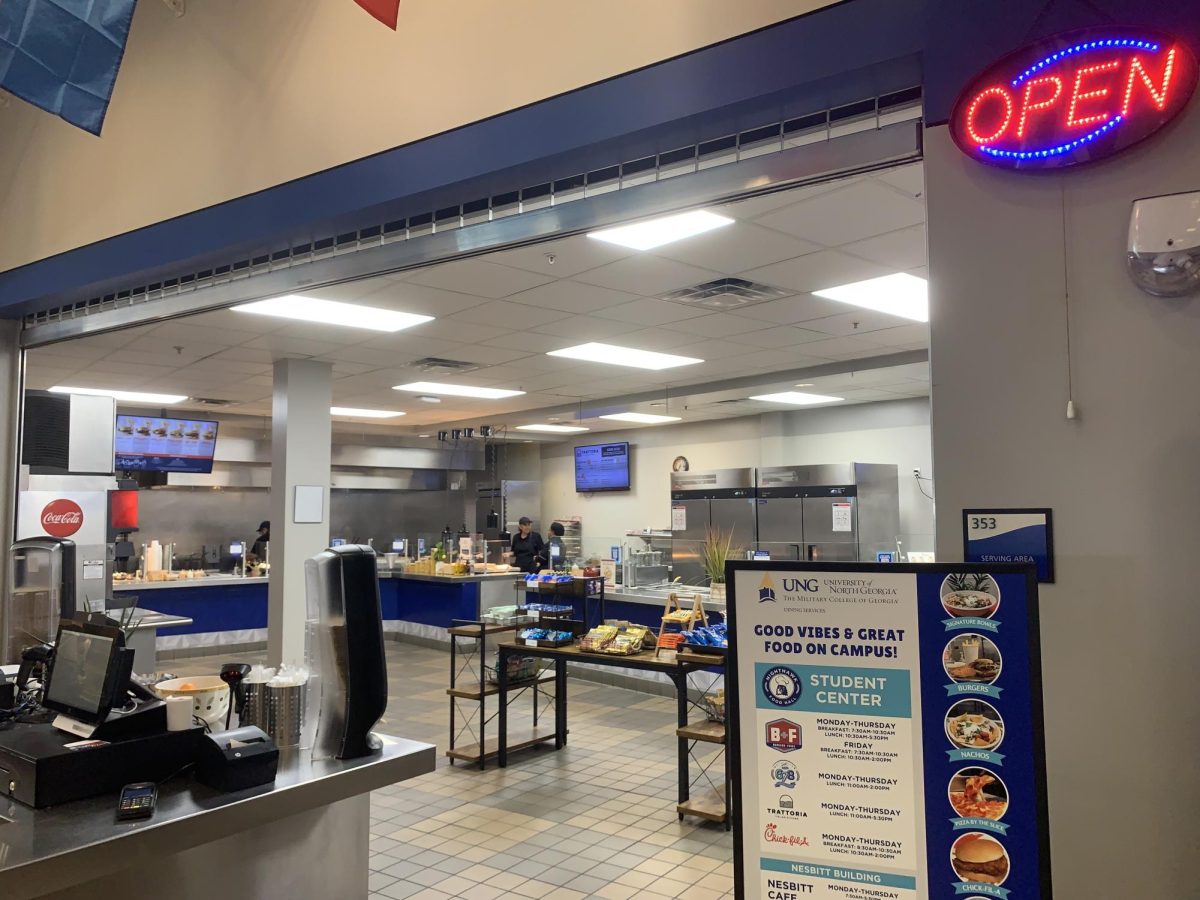It’s been three months since one prospective college student left her family to work and study in the U.S. Melissa Ordoñez, a recent high school graduate, hopes to attend college and reunite with her family.
“I’m basically a U.S citizen living the immigrant life.” – Melissa Ordoñez
Ordoñez and her family left the U.S after receiving the notice that her father was being deported, just before her freshman year of high school.
Her father was detained for almost 2 months with other undocumented individuals before being transported by the U.S. Ordoñez visited her father on weekends. A devoted catholic and service member of a local church, Melissa said her father did not deserve this.
“My dad is a very strong person, he always was. I never saw my dad cry but the first time I went to visit him, we both cried together.”
At the time, Ordoñez, an upcoming high school student, decided to leave the American lifestyle and go to Perú with her parents.
“If he was going to Perú, I wanted us to go because I didn’t want our family to be separated. I didn’t want to be away from my dad,” she said.
Ten years. That is the punishment. Her father was no criminal, he never had a ticket nor harmed anyone, yet he is banned from entering the U.S for 10 years for being undocumented. Ordoñez hopes to expedite her father and mother’s return.

“I’ll have to wait until I’m 24 so that they can come back but I’m going to see if I could still give them the papers at 21 and if they could come back as soon as possible without having to wait for those 10 years to pass by,” she said.
“I made the decision to come back after graduating from high school. It wasn’t a fast decision.” Ordoñez attended high school in Perú and enjoyed it. However, with the political state and poverty in Perú, she decided to return to the U.S.
“My family is scared because of what might happen over there. They would say ‘with this President, now we’re going to be like Venezuela,’” said Ordoñez.
Ordoñez lives with her aunt and works part time at a grocery store. She hopes to attend college within the next year or so. She is interested in nutrition and hopes to become a registered dietitian.
“I would love to help others and guide them into having a healthy relationship with food,” said Ordoñez.
Prospective college students like Ordoñez are looking for degree programs that offer quality educational resources at an affordable tuition rate.
“I came back because I want a better future for myself. In Perú you don’t have the same opportunities you have here. I always knew I wanted to come back,” she said.
The journey to graduation is full of challenges, however, there are plenty of resources for students to apply and attend debt-free. Meeting with career architects like Dr. Roz, can prepare future college students with the insight and advice they need to launch their careers.
At UNG, Multicultural Student Affairs and International Student Association both provide new students with a place to start. Nighthawk Preview and the MSA Welcome Back Event are two main points for MSA leaders to connect with students. Nighthawk Preview in particular assists prospective UNG students.
“We provide students with a safe space where they feel comfortable discussing anything with which they may be struggling.”-Wade Manora, Jr., Director MSA
The MSA office has a close working relationship with many of the other offices in Student Affairs. Manora says this cross-campus collaboration is necessary in order to best serve students.
Interim Assistant Director of MSA, Kyle Murphy, says these events provide a great start for students new to UNG. He says many students who have undocumented parents and DACA students face many challenges in pursuit of their degree.
“Many of those challenges are connected to finances. Their ability to pay for college depends more on their own immigration status than the status of their parents,” said Murphy.
According to Murphy, a student could be a U.S. citizen and have undocumented parents. In this case, the student would be eligible for federal and state aid. DACA students are not eligible for federal or state aid.
Ordoñez hopes that sharing her story will help students who are going through similar circumstances.
Ordoñez said, “I can’t look back, I just have to keep moving forward.”









